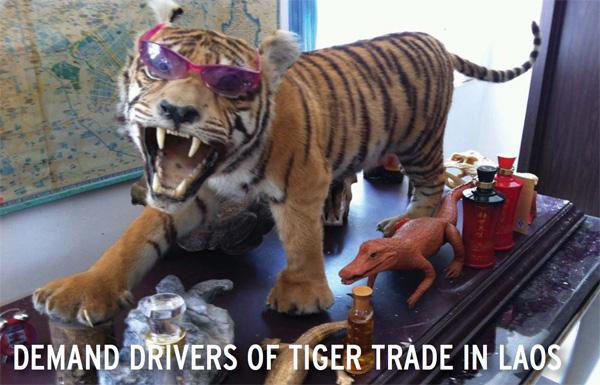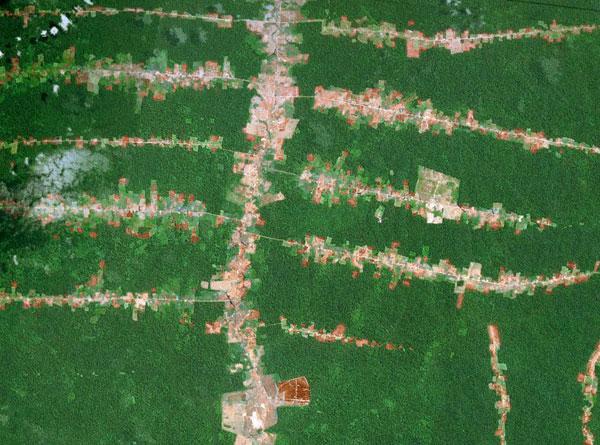The Malaysian state should play a more active role in supporting the transition toward less environmentally destructive palm oil production, says a coalition of Malaysian NGO’s.
In a statement issued Sunday, the Malaysian Palm Oil NGO Coalition (MPONGOC) urged Malaysian banks, palm oil associations, and other government-backed institutions to commit to “improving social and environmental standards in the palm oil industry” or risk falling behind a broader movement led by private sector companies that are adopting policies that exclude deforestation and social conflict from their supply chains.
“A commitment by these large banks and other institutions such as the Employees Provident Fund (EPF) can go a long way to hastening and cementing genuine sustainability in Malaysia’s palm oil industry,” said the statement. “MPONGOC’s view is that buyers of palm oil, and products containing palm oil globally, will increasingly demand evidence of high social and environmental standards.”
“This view is not just acceding to extreme western demands, but realization that the boundaries between western and Asian markets will become less sharp, and that people globally will want to see more equal emphasis given to social, environmental and economic elements of all commodity production.”
In the past three years, Singapore-based Golden Agri-Resources and Wilmar have adopted policies that bar palm oil produced at the expense of forests and peatlands. The policies have come in response to campaigns by international activist groups as well as demands from major buyers like Nestle and Unilever. In recent months a number of other consumer-facing companies, including Mars, Kellogg, Proctor & Gamble, L'Oréal and Neste Oil, among others, have adopted zero-deforestation, zero-exploitation policies on palm oil sourcing.
Noticeably absent from the trend are Malaysian producers like IOI and KLK, which operate both in Malaysia — where deforestation is surging — and overseas.
Meanwhile Malaysian officials have stepped their rhetoric on palm oil, criticizing zero deforestation pacts, reiterating plans to convert vast tracts of rainforests in Sarawak, serendipitously degazetting forest reserves for conversion, and alleging that criticism of destructive practices by the palm oil industry is a front for the U.S. and European vegetable oil interests. The Malaysian government is spending tens of millions of dollars annually to refute criticism of its palm oil industry.
MPONGOC suggests that such tactics are counterproductive and risk doing long-term damage to Malaysia’s international competitiveness.
“If other growers and traders adopt the same [no deforestation, no development on peat, and no exploitation of people and communities] policy, both the commitment and the image of the entire industry in Malaysia to treat people, planet and profit equally would be greatly strengthened,” it said. “This should serve to promote global market access for Malaysian palm oil products. And one way to push this forward is for Malaysian banks and institutions to adopt the Wilmar standards when assessing new proposals from oil palm growers and when deciding to invest in the sector.”
MPONGOC noted that Malaysian banks like Maybank, CIMB Bank, Public Bank and RHB Bank — which represent over half the country’s banking sector and provide a substantial amount of finance for palm oil development — could play a key role in tipping the industry toward sustainability. It said that the Roundtable on Sustainable Palm Oil (RSPO), a multistakeholder body that sets certification criteria for greener palm oil, was an ideal venue for Malaysian companies to engage on sustainability issues in the industry.
“The Coalition believes that there is a good business case for Malaysia to whole-heartedly endorse and aspire to RSPO standards,” it said.
This article was originally published at the Mongabay.com.



